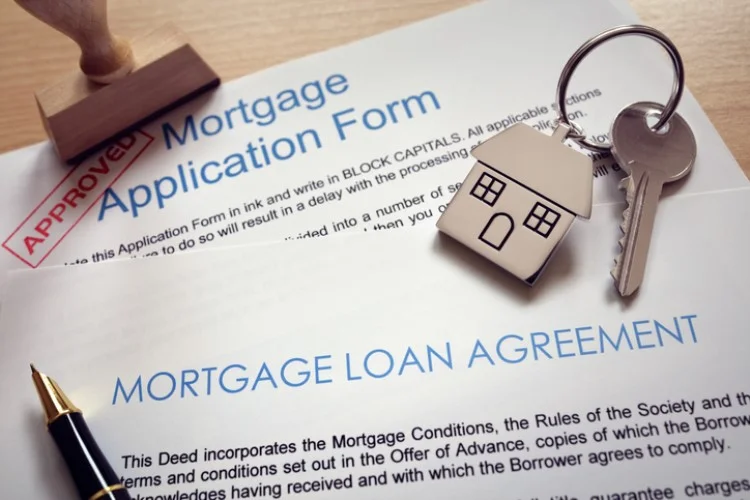It is not that long ago homeowners were paying 17% on a home loan. It was a very different time to what we face now.
The RBA cash rate is at record lows, and the Reserve Bank has stated it cannot and will not drop it below the current 0.25%. We have now also seen the introduction of Quantitative Easing (QE) in Australia, sending Fixed Rate loans down below 2.20%
Small wonder refinancing has surged to over 70% of loan applications!
















